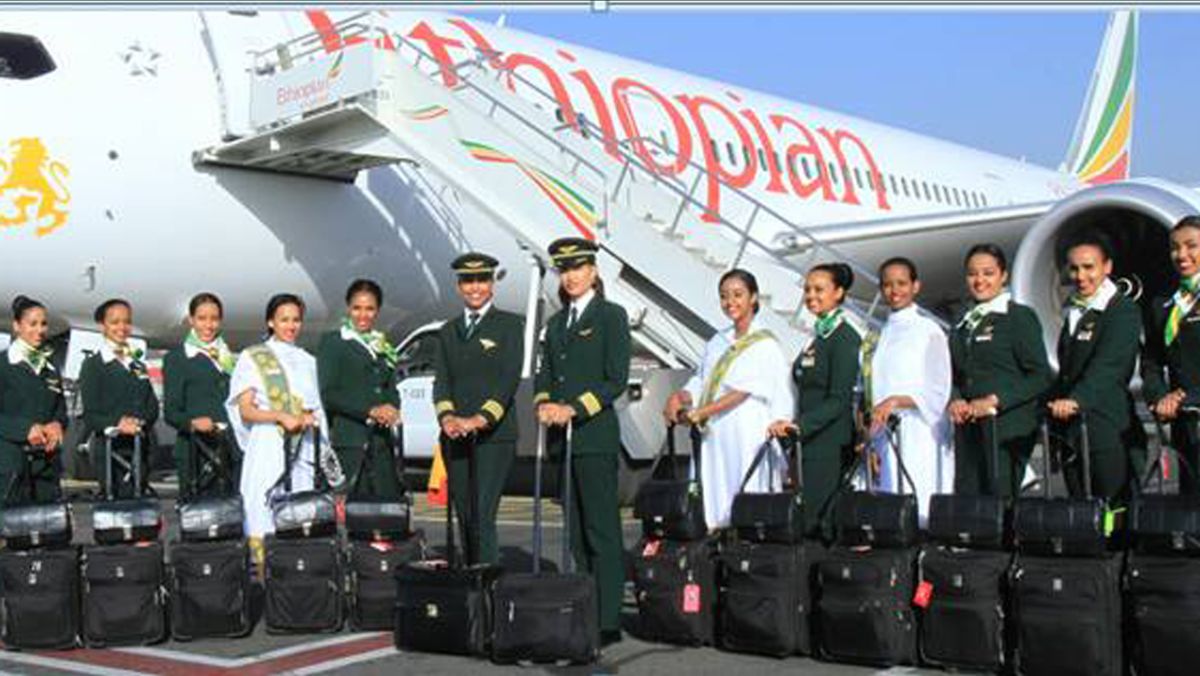
Industry stakeholders have identified factors that make national airlines fail in Africa, just as the federal government reiterates plan to establish a national airline before the end of the Buhari’s administration. The stakeholders pointed out that beside Ethiopia Airlines, no other government owned airline in the continent operates profitably. The stakeholders noted that besides the national carriers that went down alongside Nigeria Airways Limited (NAL), which were the first generation of government-owned carriers in Africa, the others that were established thereafter out of national passion, have also started going under.
National carrier like Egypt Air, industry pundits noted, was built on the wings of tourism, which began to lean on government sustenance when earnings from tourism plunged after the Arab Spring, as less number of tourists visited the North African nation.
Although the federal government said that the planned national airline would be private sector driven, industry experts posit that airlines midwifed by government in Africa rarely thrive for along time.
Besides Ethiopia Airlines, Egypt Air, South Africa Airways, Royal Air Maroc, Kenya Airways, Air Algerie and many others are still supported by their government or agencies connected to government.
Recently, Cameroon national carrier, Camair-Co entered financial quagmire that may finally snuff its existence and Kenya Airways is being chocked by foreign and local debts.
The Chief Operating Officer of Ethiopia Airlines, Mesfin Tasew said one of the problems of national carriers and other airlines in Africa is lack of leadership, from African governments and airline operators.
“Air transport business requires discipline in leadership and commitment. If you don’t control your costs, you cannot succeed. If you cannot develop long- term strategy, you cannot succeed. So, we have to help each other and government has to play an active role in facilitating development of airlines in Africa,” Tasew said.
Former Managing Director of Capital Airlines and industry consultant with Efmitri Group, Amos Akpan said that some of the factors responsible for the failure of national carriers in Africa are their failure for them to prepare for global competition.
“African national carriers are competitors with other businesses in the international arena. Like anything government owned in Africa, they are designed to fail. We are all entitled to have free meal out of our nation’s (cake) carrier. We distract management with politics of allocation and patronage against merit and business sustenance principles.
“Generally, African businesses do not survive in the international arena except those founded and promoted by non African investors but hoisted on African territories in partnership with indigenes. In this scenario, the business values and culture are patterned like their counterparts in the investors’ home country. Examples are PZ and UACN; exceptions are Globacom and Dangote,” Akpan said.
He said if any African country wants a national airline, she should design the airline as a business enterprise, remarking that there is no national airline in business in West Africa.

“Ivorian and Senegalese national airlines still provide skeletal services mostly domestic. Nigeria Airways was set up by our government as a welfare institution, primarily to provide air link between the regions and to further link us with our former colonial masters cities. Egypt Air, Ethiopian, and the defunct Nigeria Airways developed commendable maintenance competence. Therefore, we cannot overemphasize the role of maintenance capability in the survival of national airlines,” he said.
Akapan who has put over 40 years in airline management and consulting also noted that management of African national airlines are often found to be corrupt.
“They don’t deploy internationally acceptable accounting practices. Recruitment and job placements are guided by nepotism. The president, or prime minister, or the political head of government determine the chief executive of the national airline. Therefore he is accountable to the political head of the government of his time while in office. With such set up they cannot honour international financial commitments; therefore, their government usually provide intervention funds to offset the airline’s commitments. This implies the airline as a corporate entity runs on deficit until any particular regime decides to cut off the ‘feeding bottle’; usually as a recommendation of international financial consortium like the IMF,” Akpan said.
However, the federal government said the planned national carrier would be fully managed as a private business entity, insulated from government interferences and government owning only five to 10 per cent stake, but many Nigerians are worried that like many other national carriers in Africa, the airline may not thrive for long.
THISDAY






